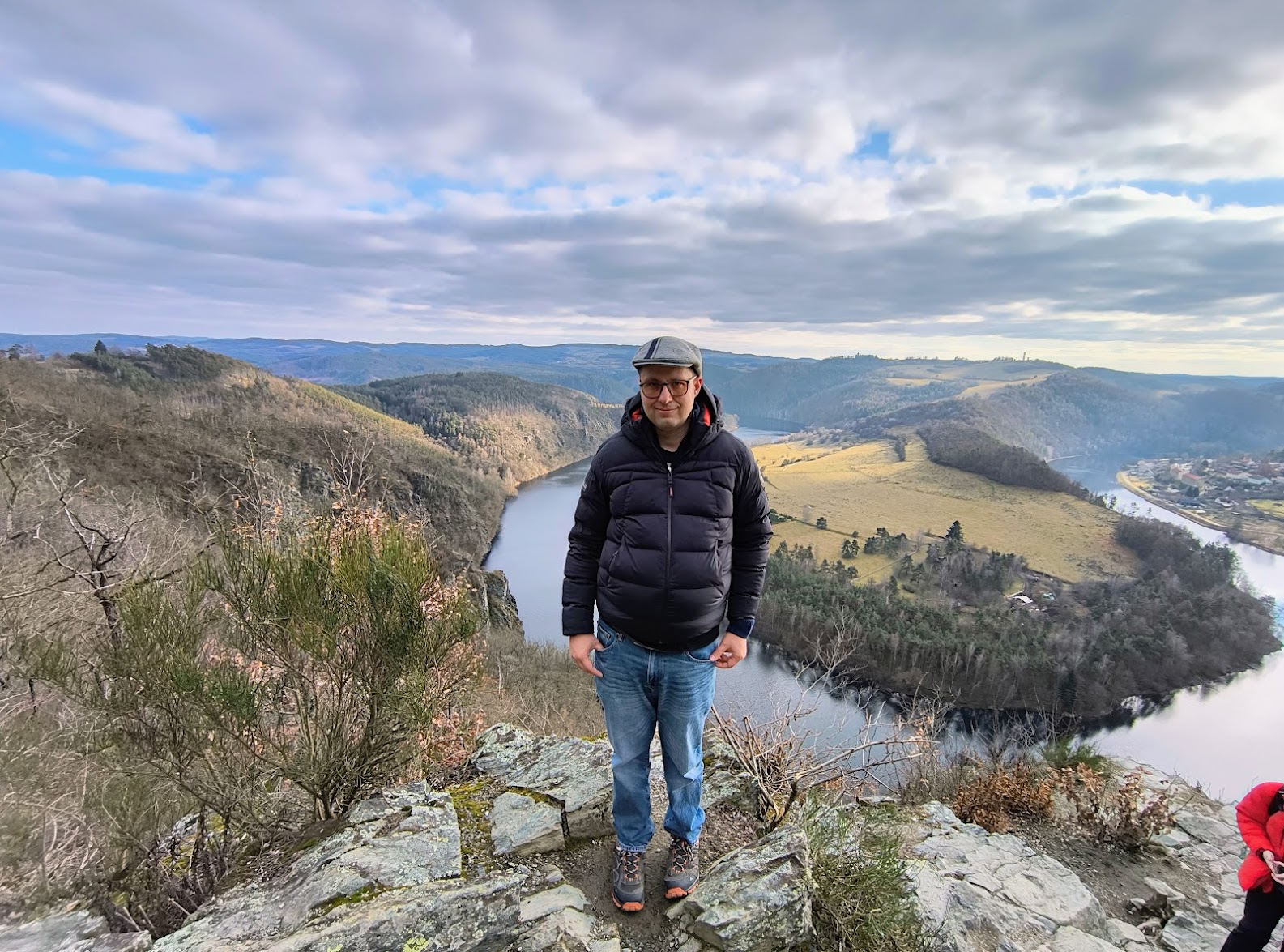Looking for a new opportunity as DevOps engineer
I am currently seeking a new opportunity as a DevOps Engineer, available from January 2026. I am open to remote or hybrid work from Prague, Czechia (Europe), for a long-term, full-time position or B2B contract. Please feel free to contact me for further details. You can also review my professional background on my LinkedIn profile.
About me#
I got my first computer at the age of ten. It was a Didaktik Gama, an 8-bit computer that connected to a color CRT TV via SCART. At that time, I had no idea that I would make a living from something like this in the future. The field didn’t really exist in the Czech Republic; there was no such thing as an IT professional or an IT school.
That’s why around fifteen, I started with classic part-time jobs like distributing flyers or doing inventory, but I never enjoyed it and wasn’t suited for routine work. I quickly realized that I could earn more and more easily with computers, so twenty years ago, I was already doing a simple job from home - writing articles for PC World magazine. This was still in the era of modems and dial-up connections; it was a struggle that I won in a short time. My parents didn’t want to pay for cable internet because it was expensive, so I entered a UPC competition where I created a website and won one of the first digital cameras and a year of free internet connection. Well, effort pays off.
Then things moved quite quickly. After part-time jobs and side gigs, I dropped out of university because there was no IT university, and others didn’t interest me. I quickly moved to London and “saved” a company whose infrastructure was falling apart. After a while, I returned and worked from home in the Czech Republic. Yes, in 2008, not many people had a remote work set-up.
I never really did much in terms of support roles. Thanks to my personal approach to education, where I read thousand-page books like “Linux - The Documentation Project,” I quickly got into professional IT, where I was by far the youngest.
Recently, I’ve returned to education quite a bit. I’ve entered the world of Kubernetes, learned to program excellently in Python, and now I solve many things through AI. But my career hasn’t changed much; I do what I’ve always done, only today it’s called DevOps engineer or SRE instead of system administrator.
I also tried contracts for a short time, but honestly, I prefer to dedicate myself to things long-term rather than just for six months or a year. I regularly attend various meetups, networking events, and occasionally write technical articles. Due to my involvement in the field, there’s always something to do, and usually, when I finish a job, I’m not available on the market for more than a few weeks; the demand is still there.
Photo: Solenic horseshoe - 2025#

Looking for a new opportunity as DevOps engineer
I am currently seeking a new opportunity as a DevOps Engineer, available from January 2026. I am open to remote or hybrid work from Prague, Czechia (Europe), for a long-term, full-time position or B2B contract. Please feel free to contact me for further details. You can also review my professional background on my LinkedIn profile.